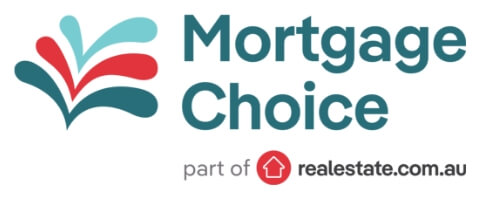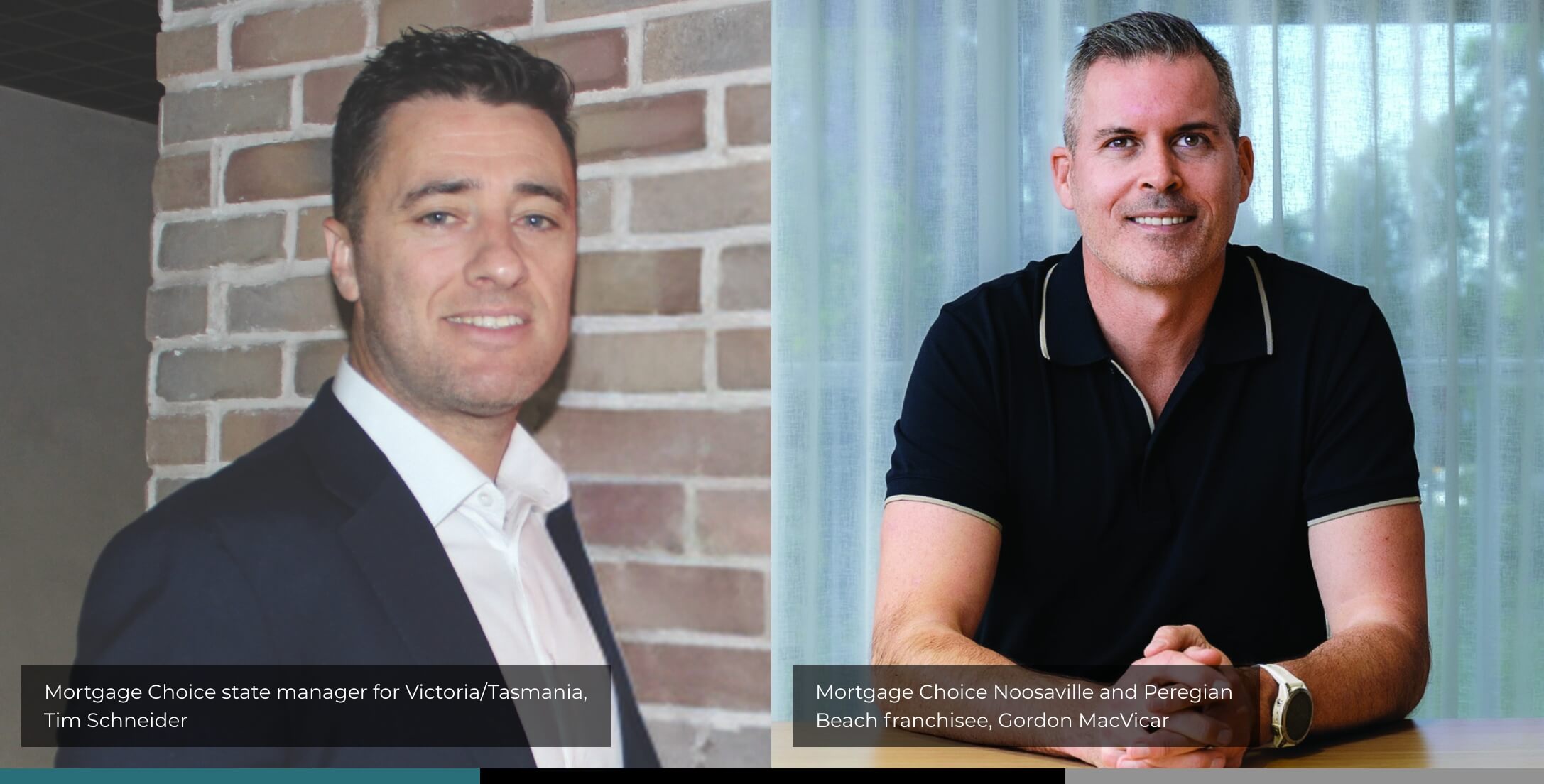Q. Why introduce the Peloton Program? What is it trying to achieve?
Tim Schneider (TS): The Peloton Program was born out of a conversation I had with Gordon about 12 months ago. He was talking about the fact that there are a lot of businesses that have had a lot of growth over the last few years, but are starting to hit a ceiling and are struggling to break through. And these businesses need support and advice around some of the fundamentals that can take a business to the next level.
At Mortgage Choice, we have a robust program to get our new brokers up to speed. We [also] have our High-Performance Summit for top performers across the business. But the one segment we didn’t have something for was that middle band of brokers. If you take the peloton as the analogy here, it’s that big group of brokers that are chasing down the leaders.
Q. How does the Peloton Program work?
TS: Mortgage Choice state managers nominate franchisees to participate in the program. We choose brokers with a growth mindset who want to take their businesses to the next level. Each state has somewhere between 10-12 Peloton participants.
There is no cost for Mortgage Choice brokers to participate - the main commitment required is time. The Peloton program consists of seven monthly sessions covering key areas for broker business growth:
- Business strategy
- Staffing (recruitment through retention)
- Business and compliance risk
- Marketing
- Outsourcing and HR support
- Financial management and benchmarking
- Health and wellbeing.
Peloton is run via a hybrid-learning model; a combination of virtual sessions and face-to-face learning. Once content is delivered, there’s a discussion between peers – that’s where we find those golden nuggets of information.
Q. How does the Peloton Program build on foundational learning?
Gordon MacVicar (GM): The Cert IV and Diploma are great for people working within a franchise or mortgage broking business, providing the fundamentals about what mortgage broking is. But these qualifications don’t give you teachings or learnings about running a business.
It’s one thing to be new to the industry, but if you’re trying to grow your business, manage your team and run systems and processes, you need a different set of skills.
Q. What has feedback been like so far?
TS: The feedback has been great. Brokers are extremely engaged with the program. The participation is exceptional, not just from an attendance perspective, but also from a contribution perspective.
The program is very agile – we survey participants at the end of each session, mainly to build on the program but also to make sure the content is hitting the mark, and we’ve received some great ideas by doing this.
We’ll take stock at the end of the year and assess what worked best for the program and what didn’t work so well, then make some changes so next year’s program can be bigger and better.
Q. Gordon, what’s your impression of the program so far?
GM: Peloton has solidified what we’re doing in our business. We’ve been able to look at certain things like business strategy. What are we doing right? What are we doing wrong?
One thing that we’ve finetuned in our business since the first Peloton session is the number of days from inquiry to application being sent. And we’ve cut down the time from a lead arriving to an application being sent by a couple of days. This change has had a huge impact on our business. We can’t control what will or won’t settle, and whether pre-approved customers are going to find properties. But what we can control is how quickly we can get those applications out to clients to sign.
Peloton is also about understanding yourself as a leader. I’ve done DISC (dominance, inducement, submission, and compliance) profiling tests before, but never as a business owner. It’s been useful to acknowledge what my strengths and weaknesses are and to ensure we have the right people to fill those gaps in the business.
Q. What advice would you give to other brokers?
GM: The way I see it is that we are a lead generation business that writes mortgages off the leads we generate. Brokers have to be prepared to pick up the phone and personally speak to leads, get ourselves out there, and promote our brand in our local markets. That’s my biggest advice to everyone coming into this industry: don’t be afraid to pick up the phone. Have confidence. You’re the expert. You’re the person that people have come to for home loan advice.




